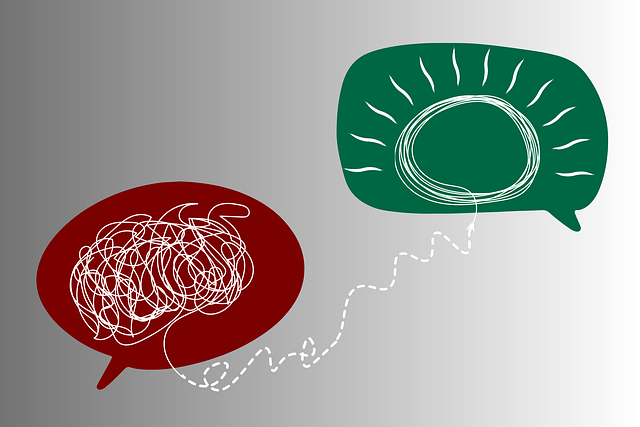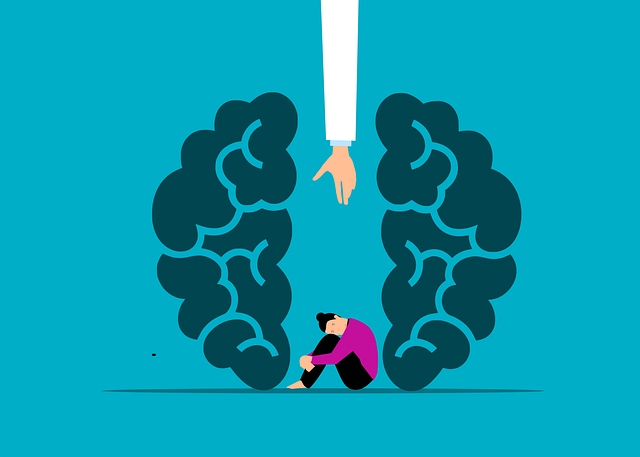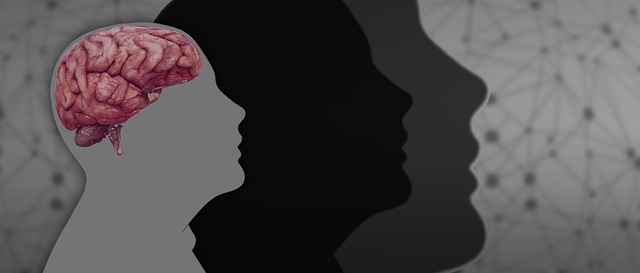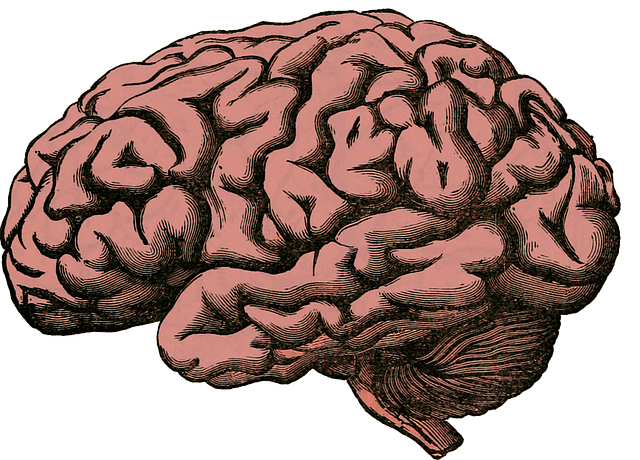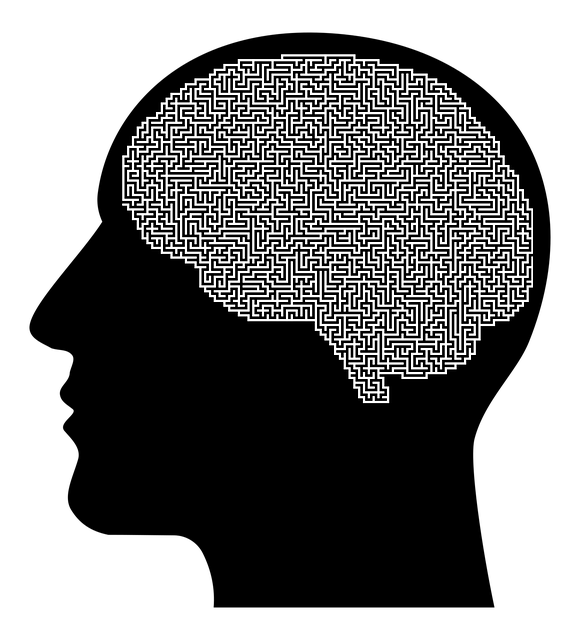In today's globalized world, "Therapy for Adults Mandarin Chinese Speaking" offers a culturally sensitive approach to mental health support. This program combines traditional Chinese philosophy with modern therapy practices to meet unique needs often overlooked in mainstream treatments. Through social skills training tailored to their cultural background, Mandarin-speaking adults can improve communication, build stronger support systems, and increase mental health awareness, fostering understanding and acceptance within their communities. Incorporating compassion cultivation, role-playing, group discussions, and games, therapists create inclusive healing environments that enhance engagement, emotional healing, and confidence. Additionally, mental health policy analysis and advocacy ensure programs address broader community support and inclusion, fostering a deeper sense of belonging and purpose integral to recovery.
Social skills training is a powerful tool for managing mental health conditions, especially among adults speaking Mandarin Chinese. This article explores the significance of social interaction in fostering mental well-being and offers insights into effective therapy approaches tailored to this demographic. We delve into strategies that can enhance communication, build relationships, and ultimately improve the quality of life for those navigating mental health challenges while addressing the unique needs of adult Mandarin speakers.
- Understanding the Importance of Social Skills for Mental Health
- The Role of Therapy in Developing Social Competence for Adult Mandarin Chinese Speakers
- Strategies and Techniques for Effective Social Skills Training
Understanding the Importance of Social Skills for Mental Health

In today’s interconnected world, social skills play a pivotal role in maintaining and enhancing mental health, especially for adults who may be navigating challenges related to their well-being. For those speaking Mandarin Chinese, finding effective therapy that incorporates cultural sensitivity is essential. Therapy for Adults Mandarin Chinese Speaking offers a unique opportunity to bridge the gap between cultural heritage and modern therapeutic practices, addressing specific needs often overlooked in mainstream treatments.
Social skills training empowers individuals to communicate effectively, fostering better relationships and a stronger support system—crucial components of mental health awareness. By learning communication strategies tailored to their cultural background, Mandarin-speaking adults can enhance their self-care routine development for better mental health. This approach not only enhances their ability to express themselves but also promotes understanding and acceptance within their communities, creating a positive impact on their overall well-being.
The Role of Therapy in Developing Social Competence for Adult Mandarin Chinese Speakers

For adult Mandarin Chinese speakers navigating mental health conditions, therapy plays a pivotal role in fostering social competence and improving overall well-being. Culturally sensitive therapeutic approaches are essential to creating safe spaces where individuals can openly discuss their experiences and challenges while respecting traditional cultural norms. A tailored mental health education program designed to address the specific needs of this demographic can significantly enhance their understanding of mental health, reduce stigma, and build a support system.
Effective therapy for adults Mandarin Chinese speaking often involves incorporating language-appropriate techniques that promote self-esteem improvement, assertiveness training, and communication skills. By addressing language barriers and providing opportunities for social interaction in a therapeutic setting, mental health professionals can help individuals develop the necessary tools to engage in meaningful relationships, improve their social network, and ultimately enhance their overall quality of life. Moreover, risk management planning is crucial to ensure that therapists are equipped to handle cultural nuances and sensitive topics, creating an inclusive environment conducive to healing.
Strategies and Techniques for Effective Social Skills Training

Social Skills Training for Mental Health Conditions: Strategies and Techniques
Effective social skills training involves a multi-faceted approach tailored to individual needs. For adults speaking Mandarin Chinese, therapists can utilize culturally sensitive techniques such as incorporating elements of traditional Chinese philosophy and practices like compassion cultivation. This not only enhances understanding and engagement but also facilitates emotional healing processes. Role-playing scenarios, group discussions, and interactive games are powerful tools that enable participants to practice new skills in a safe environment, fostering confidence and improving social interactions.
In addition to these dynamic methods, therapists should consider the broader context of mental health policy analysis and advocacy. By understanding the societal and systemic factors influencing mental wellness, training programs can be designed to address not just individual symptoms but also promote community support and inclusion. This holistic approach ensures that participants gain not only practical social skills but also a deeper sense of belonging and purpose, which are integral aspects of recovery.
Social skills training plays a pivotal role in improving mental health outcomes for adults speaking Mandarin Chinese. By combining therapy with targeted strategies, we can enhance social competence and foster more inclusive communities. Effective training programs equip individuals with the tools to navigate social interactions confidently, ultimately improving their overall well-being. For those seeking therapy for adults Mandarin Chinese speaking, these approaches offer a promising path towards better mental health management and enhanced social connections.

